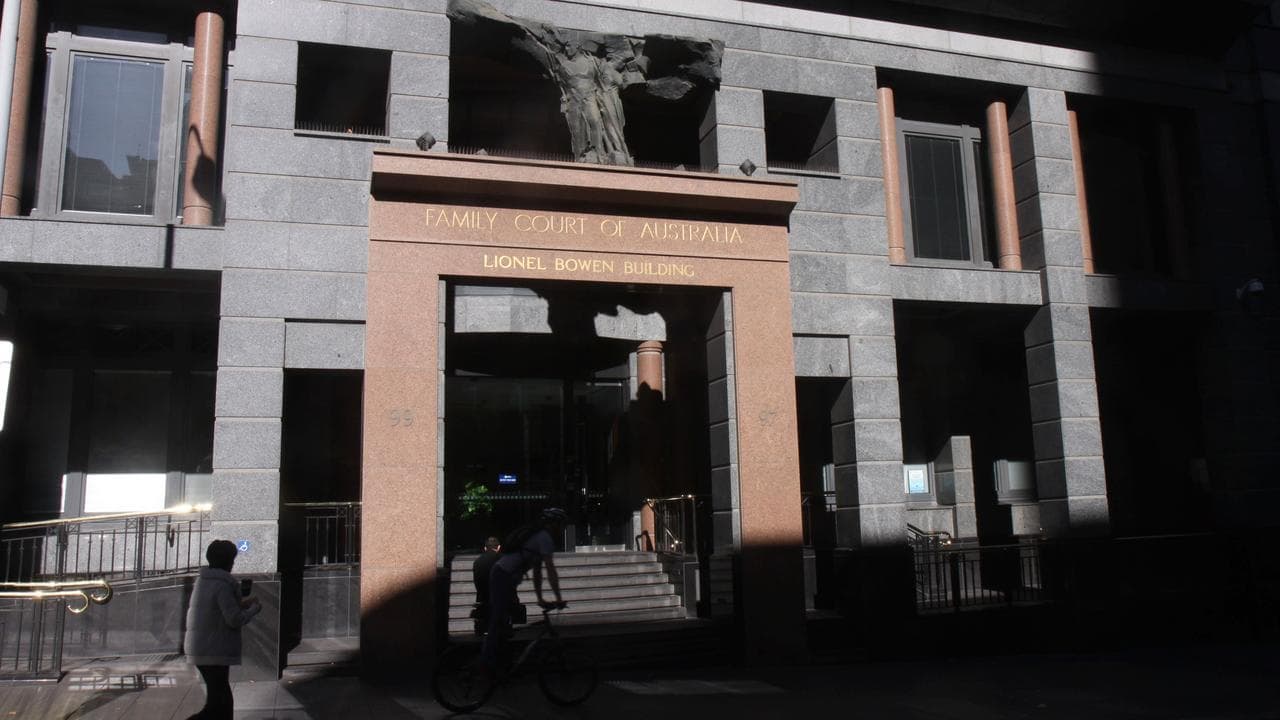WHAT WAS CLAIMED
The majority of scientists in the 1970s supported the global cooling hypothesis.
OUR VERDICT
False. Studies in the 1970s supporting a global cooling theory were in the minority.
A Facebook post claims the majority of climate scientists hypothesised the earth was cooling and an ice age was imminent half a century ago.
They say it's evidence consensus science often fails, since most climate scientists now believe the opposite.
But experts in science history say consensus on the global cooling hypothesis is a reheated myth. A key study also shows only a handful of scientific papers in the 1970s supported the theory, with the majority backing the advent of global warming.
The myth has resurfaced in a Facebook post (screenshot here) which reels off examples claiming to show consensus science often fails and breakthroughs happen when scientists challenge popular thinking.
Among the examples is: "The Global Cooling hypothesis was supported by the majority of scientists in the 1970's."

The global cooling hypothesis can be traced back to various science and media sources. Scienceline magazine, for example, says it was introduced by prominent climate scientist Reid Bryson in 1973. NewScientist traces it further back to a 1971 paper by Stephen Schneider, then a NASA climate researcher.
Other sources suggest the minority view would not have been remembered as a scientific consensus were it not for a narrative spawned by the media, particularly a 1975 Newsweek article by science editor Peter Gwynne, which Scientific American magazine says continues to be quoted.
"Ever since, Gwynne's 'global cooling' story - and a similar Time Magazine piece - have been brandished gleefully by those who say it shows global warming is not happening, or at least that scientists - and often journalists - don't know what they are talking about," the article says.
Gwynne has denounced the way climate sceptics have used his article to argue against the validity of climate science - see here as here. He says "while the hypotheses described in that original story seemed right at the time, climate scientists now know that they were seriously incomplete. Our climate is warming - not cooling, as the original story suggested."
A Climate Feedback fact check says "the myth's basis lies in a selective reading of the texts both by members of the media at the time and by some observers today".

However, the clearest evidence the scientific consensus did not support the global cooling hypothesis in the 1970s is a 2008 study. It reviewed scientific literature from 1965 to 1979 and showed seven papers supported cooling, 20 were neutral and 44 backed global warming (Fig. 1, page 1333).
The study says in the 70s "the integrated enterprise of climate science as we know it today was in its infancy, with different groups of scientists feeling blindly around their piece of the lumbering climate beast. Rigorous measurements of increasing atmospheric carbon dioxide were available for the first time, along with modelling results suggesting that global warming would be a clear consequence" (page 1325).
Against that backdrop, a "pervasive myth" arose that there was "a consensus among climate scientists of the 1970s that either global cooling or a full-fledged ice age was imminent" (page 1326).
Professor Naomi Oreskes, a science historian at Harvard who has written books about climate change denial and the importance of trusting science, told AAP FactCheck the post's claim is false.
"This is not correct," Prof Oreskes said in an email. "In the 1960s, there was a rather large division of opinion on this issue.
"Some in the 1970s thought that, given the Milankovitch cycles, the Earth was headed into another cooling period. Others, however, thought that with rising CO2, that would not necessarily be the case. In the 1970s the issue was not resolved. It would be wrong to claim a consensus in either direction at that time."

Emeritus Professor John Haldon, from Princeton's Climate Change and History Research Initiative, also said the claim is incorrect.
Prof Haldon said views on the impact of a possible "nuclear winter" in the 1970s was sometimes mixed up with discussions about global cooling.
"In the 1970s only a few climate scientists, but brilliant ones, among them Steven Schneider, were clear about the danger of climate change ... So for quite a while from when global warming/climate change was first discussed among scientists the majority remained neutral/positive, and certainly not opposed to the idea," he told AAP FactCheck in an email.
"But things were complicated by another discussion developing from the '60s onwards about the potential impacts of a nuclear war and the possible impact of massive nuclear fallout, the nuclear winter idea.
"So it was not that the 1970s cooling argument was seen as positive: it was seen in terms of a nuclear winter with devastating effects, rather than as some antidote for global warming! The nuclear winter argument was really quite entirely unrelated to the longer term discussion by scientists about global warming - a debate that began in the 1960s and 1970s."
The Verdict
The claim most scientists in the 1970s supported the global cooling theory is false. While some scientific papers, with subsequent popularisation in the media, espoused the idea, it was not a consensus view. This is demonstrated in a 2008 study which shows the majority of scientific papers from 1965 to 1979 supported the theory of global warming.
Science history experts contacted by AAP FactCheck also dismissed the post's claim.
False – The claim is inaccurate.
AAP FactCheck is an accredited member of the International Fact-Checking Network. To keep up with our latest fact checks, follow us on Facebook, Twitter and Instagram.












